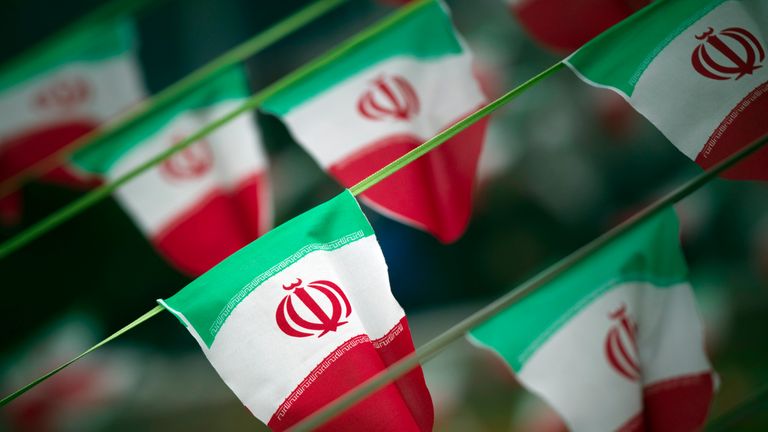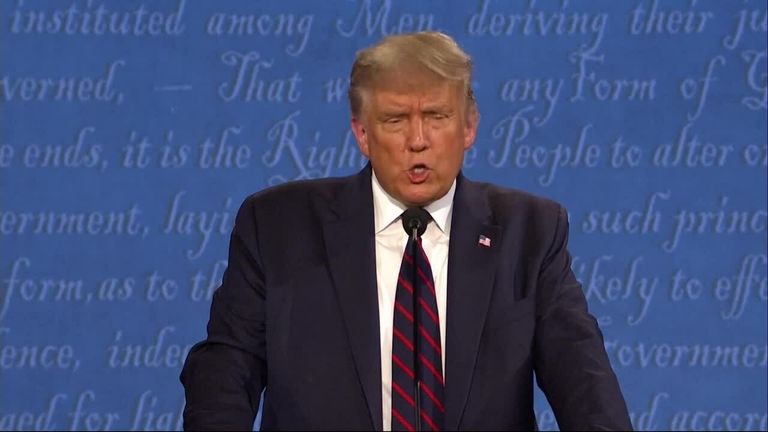The US has charged two Iranians for their involvement in a campaign to “intimidate and influence American voters” in the 2020 presidential election.
According to court documents, the men and their associates “waged a targeted, coordinated campaign to erode confidence in the integrity of the US electoral system and sow discord”.
This included hacking state voter registration websites as well as pretending to be members of the far-right Proud Boys group in emails to Democratic voters threatening “physical injury if they did not change their party affiliation and vote for President Trump”.
The men, Seyyed Kazemi, 24, and Sajjad Kashian, 27, are described as “experienced computer hackers” who work as contractors for an Iranian company that provides services to the Iranian government.
Alongside stealing voter information, they falsely claimed that the Democratic Party was planning to exploit “serious security vulnerabilities” in state voter registration websites to “edit mail-in ballots or even register non-existent voters” according to the FBI.
These claims were sent via email and Facebook message to “Republican Senators, Republican members of Congress, individuals associated with the presidential campaign of Donald Trump, White House advisors, and members of the media” according to the FBI.
A video accompany these false messages, carrying the Proud Boys logo as the Iranians pretended to be members of the group, purported to “depict an individual hacking into state voter websites and using stolen voter information to create fraudulent absentee ballots” the FBI said.
Mr Trump was criticised for failing to condemn the Proud Boys during an election debate, instead telling them to “stand back and stand by” which was seen by members of the group as a tacit approval.
Claims that the US election was stolen by fraudulent voting galvanised the mob attack on the US Capitol on 6 January, although the indictment against the Iranians does not claim that their work was instrumental in spreading these claims.
The day after the election, the hackers attempted to hijack a media company’s network to disseminate false claims regarding the election, although the FBI helped the company prevent this attack.
US Assistant Attorney General Matthew Olsen said: “The allegations illustrate how foreign disinformation campaigns operate and seek to influence the American public. The Department is committed to exposing and disrupting malign foreign influence efforts using all available tools, including criminal charges.”
“As alleged, Kazemi and Kashian were part of a coordinated conspiracy in which Iranian hackers sought to undermine faith and confidence in the US presidential election,” added US Attorney Damian Williams.
“Working with others, Kazemi and Kashian accessed voter information from at least one state’s voter database, threatened US voters via email, and even disseminated a fictitious video that purported to depict actors fabricating overseas ballots.
“The United States will never tolerate any foreign actors’ attempts to undermine our free and democratic elections,” Mr Williams added.
“As a result of the charges unsealed today, and the concurrent efforts of our US government partners, Kazemi and Kashian will forever look over their shoulders as we strive to bring them to justice.”


